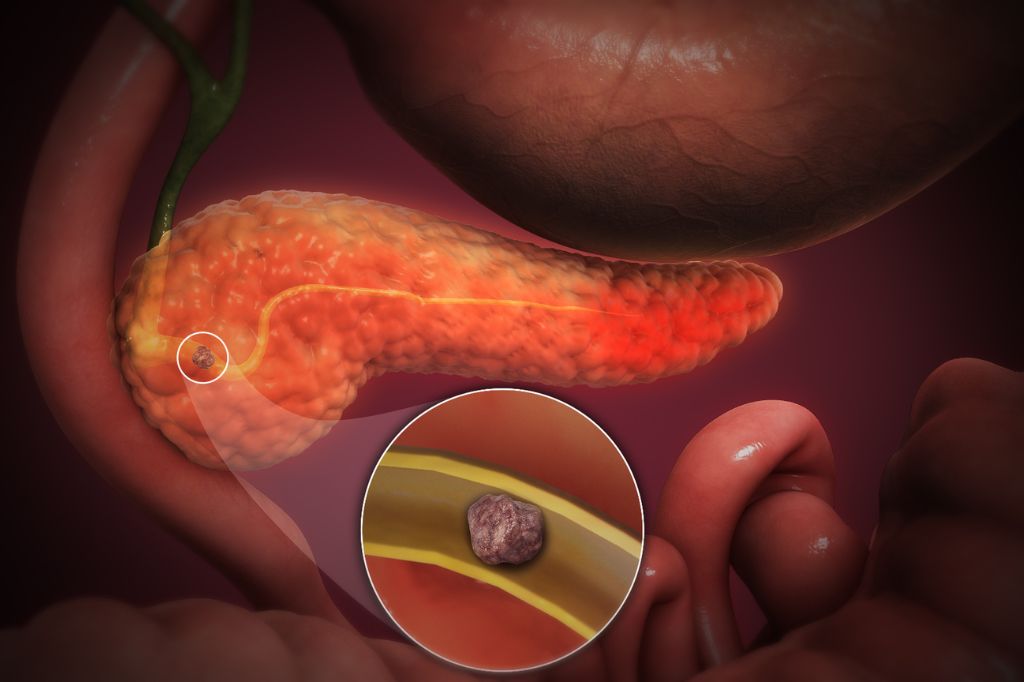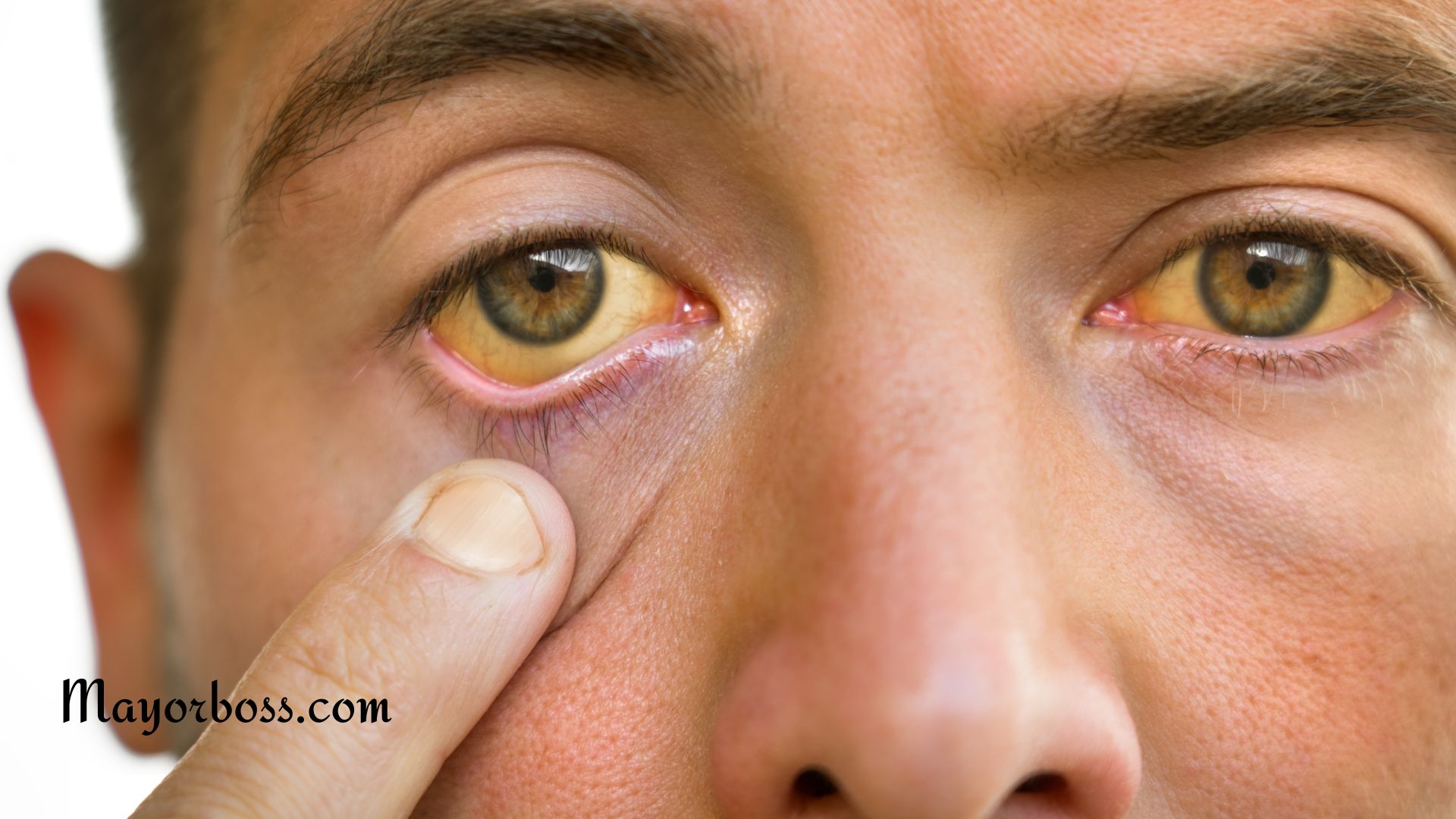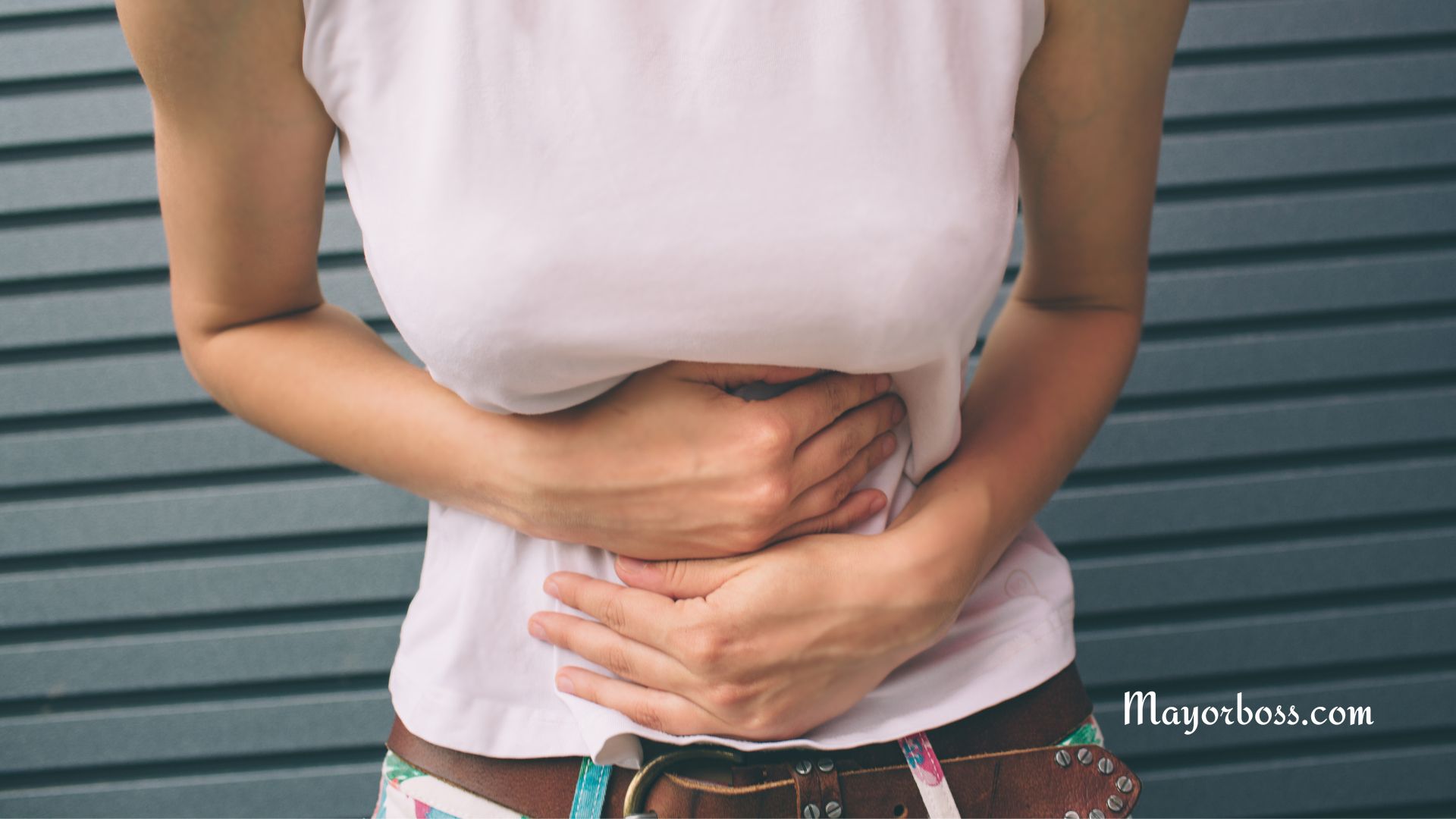12 Symptoms of A Stomach Ulcer
What are the signs of a stomach ulcer? A stomach ulcer is a break in the lining of your stomach or small intestine. This can happen when your stomach acid damages the tissue. The most common symptom of a stomach ulcer is a burning feeling or pain in your stomach. This pain can sometimes come and go, but it usually gets worse when you eat.
Stomach Ulcer Symptoms
If you think you might have a stomach ulcer, watch out for these signs.
1. Burning sensation in your stomach
Most people with an ulcer experience a burning or gnawing pain in their upper abdomen. The pain is often worse when your stomach is empty or when you’re hungry. The pain may also worsen when you eat certain foods or bend over or lie down.
2. Pain that gets better when you eat
Although pain is a common symptom of an ulcer, it doesn’t always occur when your stomach is empty. Some people find that their pain is actually relieved when they eat certain foods or drink milk.
3. Pain that wakes you up at night
If you have an ulcer, you may find that the pain keeps you up at night or wakes you from sleep. This can make it hard to get a good night’s rest, which can lead to fatigue during the day.
ALSO READ: 15 Reasons You Wake Up With Stomach Pain Every Morning
4. Heartburn
Heartburn occurs when acid rises from your stomach into your esophagus, the tube that connects your mouth to your stomach. This can cause a burning sensation in your chest or throat (acid reflux). Heartburn is a common symptom of GERD (gastroesophageal reflux disease), but it can also be a sign of an underlying peptic ulcer. If you experience heartburn more than twice a week, it’s important to see your doctor so he or she can rule out other potential causes, such as GERD, acid reflux disease, or stomach ulcer.
5. Indigestion
Indigestion is a general term that describes discomfort in the upper abdomen after eating (heartburn is a type of indigestion). It can be accompanied by belching, bloating, heartburn, nausea, and vomiting—all symptoms of a stomach ulcer.
6. Bloating and burping
Ulcer patients may experience bloating and excessive burping after eating a meal because of the build-up of gas in their stomachs. This can be painful and uncomfortable.
7. Nausea and vomiting
Many people with stomach ulcers experience nausea and vomiting, especially when their stomach is empty or when they’ve just eaten a meal.
8. Hiccups
Hiccups are often accompanied by burping and bloating, which can signify that you may have a stomach ulcer.
9. Loss of appetite
If you have an ulcer, you may find that you don’t have much of an appetite or that certain foods don’t agree with you anymore. This can lead to weight loss or malnutrition if not treated properly.
10. Blood in vomit
If you vomit blood, it could be a sign of gastrointestinal bleeding. Several conditions, including an ulcer, could cause this. If you vomit blood, it’s important to see your doctor immediately, as this could be a medical emergency.
11. Dark or black stool
Stools normally vary in color depending on what foods you’ve eaten, but if they appear black, tarry, or bloody, this could be a sign of a bleeding ulcer. This serious condition should be taken care of as soon as possible.
If you experience any of these symptoms, it’s important to see your doctor so he or she can diagnose and treat your ulcer. Left untreated, a stomach ulcer can lead to serious complications, such as bleeding, perforation (a hole in the lining of your stomach), or obstruction (blockage). If you think you might have a stomach ulcer, see your doctor right away.
12. Intolerance to fatty foods
Because stomach ulcers can make it more difficult to digest fatty foods, you may find that you have trouble tolerating them. You may feel sick to your stomach or vomit after eating fatty foods.






